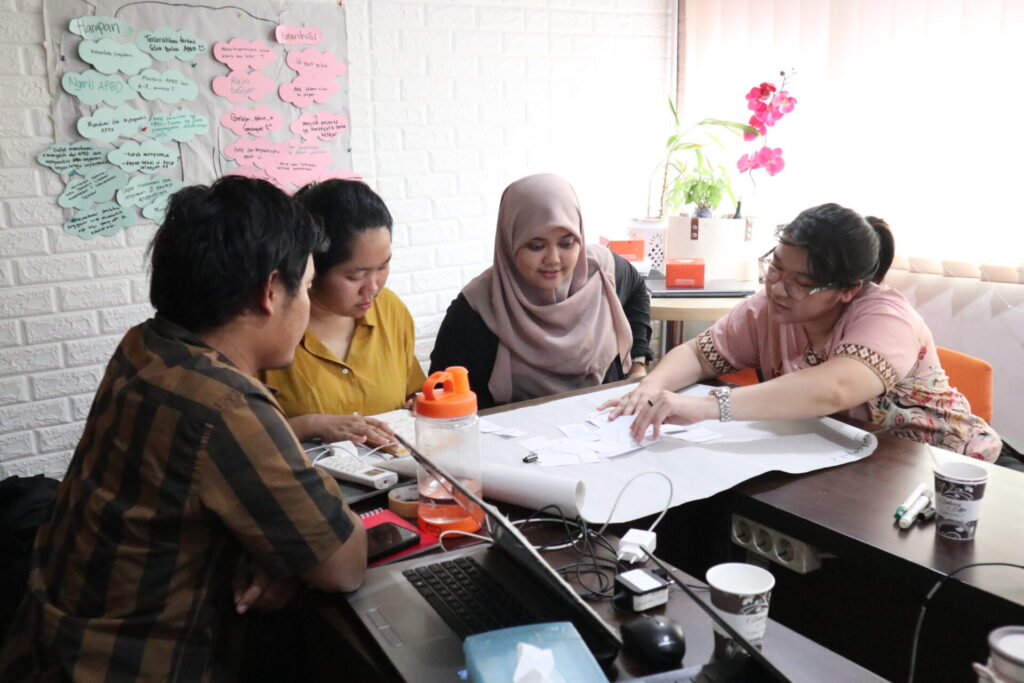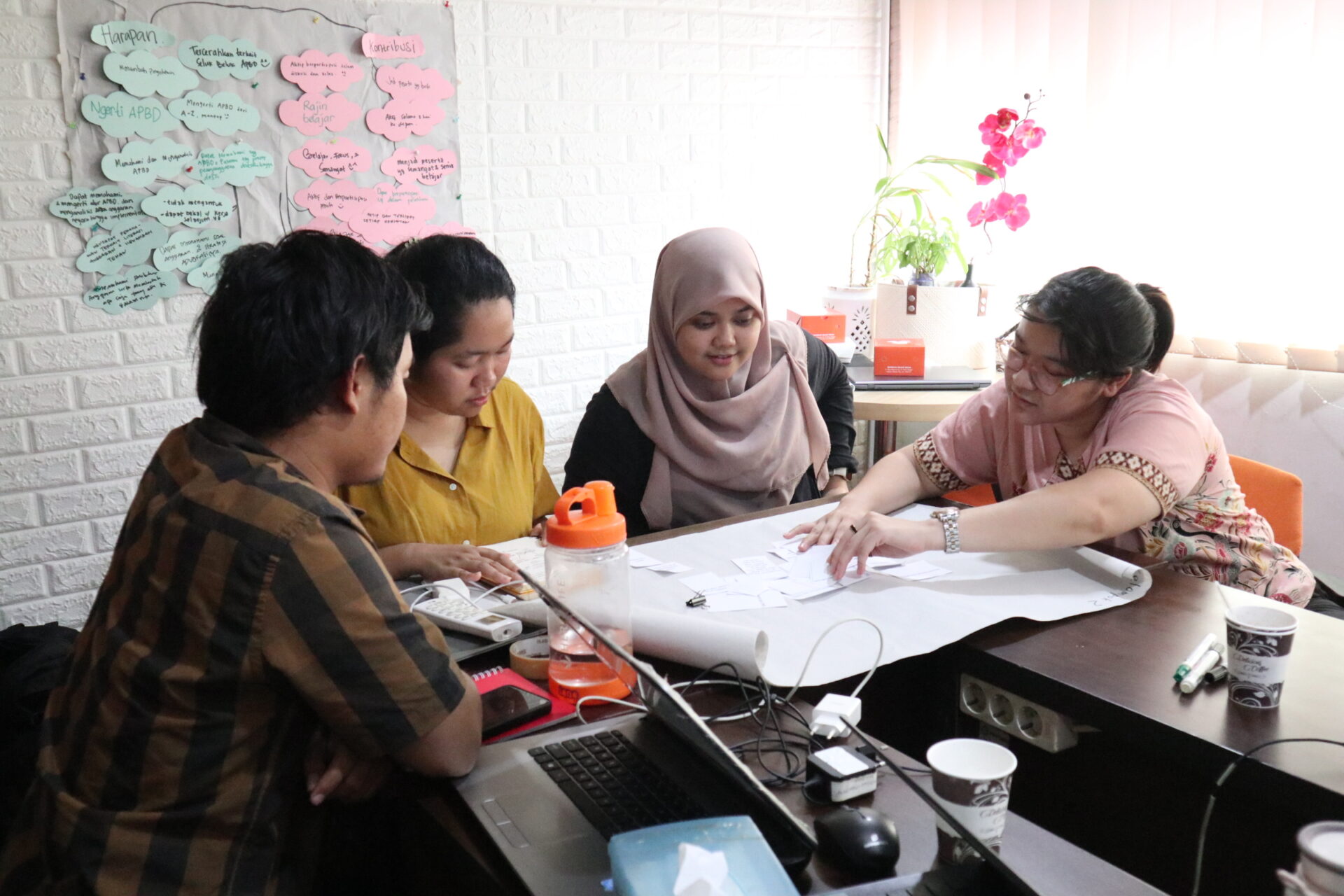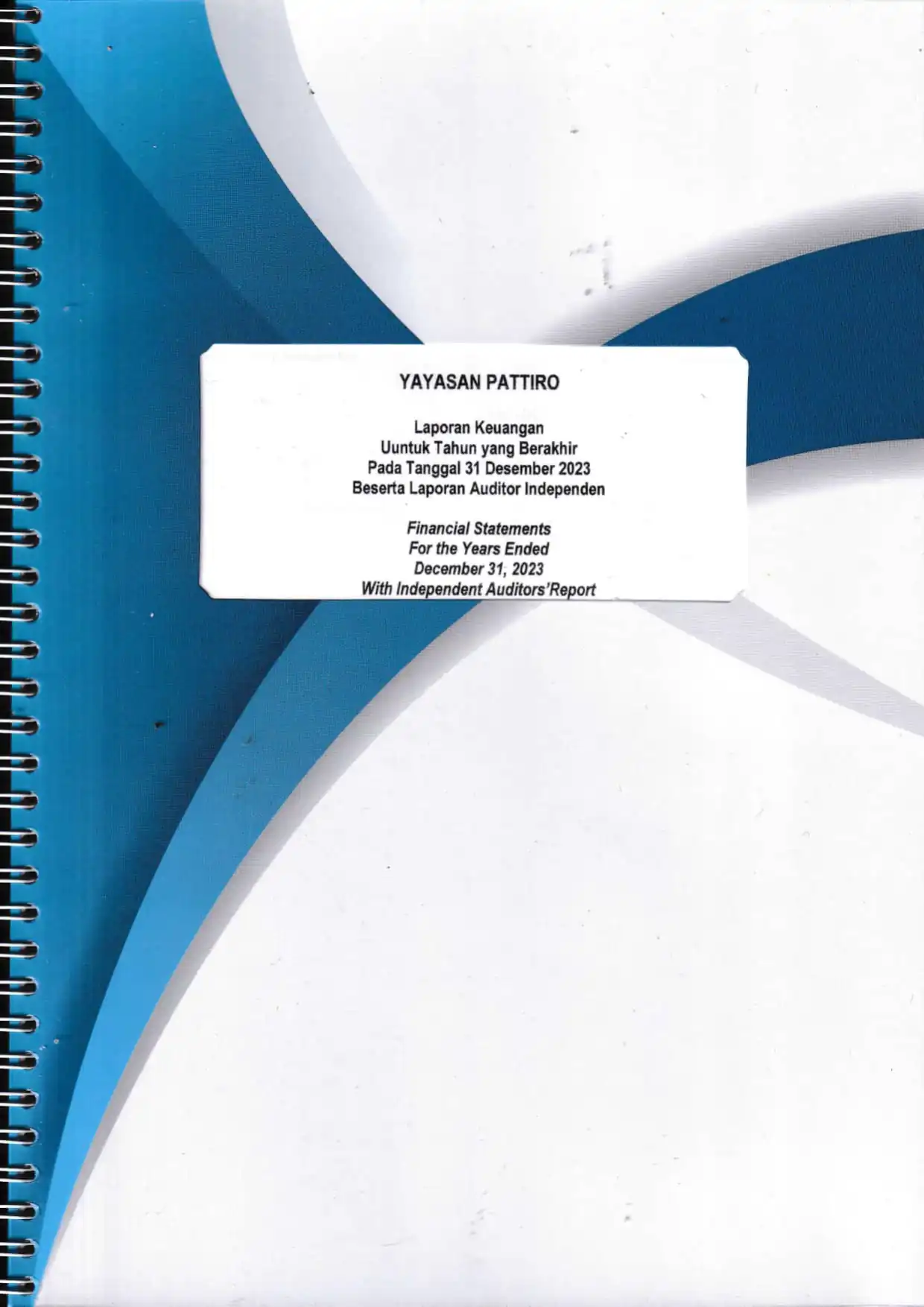
The fulfilment of citizens’ rights should be able to reach all Indonesian people. Local governments have the authority to plan and implement the development agenda at the local level with adequate budget support. To ensure transparency and accountability in the use of the budget, public need to participate in overseeing the planning and implementation of the Regional Revenue and Expenditure Budget (APBD). Therefore, it is important for citizens to have knowledge and skills in analysing and advocating the APBD.
PATTIRO held a training on APBD Advocacy and Analysis on May 9-11, 2023, at PATTIRO Office. There were 12 participants from various civil society organizations and village officials who participated in this training.
Essentially, the APBD comes from public funds which must be allocated to benefit the public. The public needs to ensure that the preparation of budget allocations is based on the principles of efficiency and effectiveness to prevent corruption. Therefore, it is important for the public, especially civil society groups, to analyse the budget in the APBD.
Rohidin Sudarno, facilitator of the training, explained that the purpose of APBD analysis is to examine the direction of budget policy in the current year, both in terms of revenue and expenditure. In addition, this analysis is also important to determine the alignment between the vision of regional development and budgeting policies. This analysis is also important to detect opportunities for corruption from planning to implementation of the APBD.
Accountability must be built into the budgeting process. “Budget corruption causes public services to be not maximized,” said Bejo Untung, another facilitator. He also added that it is important to ensure that public needs are realized in the programs or activities of the relevant Regional Work Units (SKPD). These programs or activities must have adequate budget allocations, be right on target, and have reasonable prices. The suitability of prices in the field with those in planning avoids budget mark-ups that have the potential to be a loophole for corruption.
The training also shared PATTIRO’s experience in conducting public budget advocacy. PATTIRO conducts public budget advocacy on the management of Revenue Sharing Fund for Reforestation Fund (DBH DR) and Social Forestry. Ramlan Nugraha, facilitator of the training, explained that in conducting public budget advocacy, it is necessary to choose one focus issue to be advocated so that advocacy can run effectively and addressing the goal. “One of the ways to analyse issues for advocacy is using the Tree of Problems,” he added.
Ramlan also mentioned that people can use five criteria to choose an issue. First, the issue must affect many people. Second, the chosen advocacy issue must have the possibility to be successfully advocated. Third, the chosen advocacy issue must have potential support, either from the community as the subject of advocacy or from the government which is the target of advocacy. Fourth, the chosen advocacy issue must consider potential risks. Fifth, civil society organizations must consider the internal capacity to raise the issue to be advocated.
Rohidin explained that APBD advocacy is important to take place because there are circumstances that cause the APBD to not be in favour of the public. “The facts that are often found in APBD findings are the existence of budget imbalances that are not in favour of the community, development priorities are not in line with budget policies, the programs set are not in accordance with existing problems, and there is an irrational budget,” Rohidin explained.
The participants gave a positive response to the training. They said that the training helped their work in advocacy activities. “This training is very interesting and easy to understand. Being involved in this training has really helped me in my work,” said Moch Lukman Hakim, a trainee from YAPPIKA-ActionAid. “This training is very useful for me as a policy analyst. The material is packaged in a very good chronology, making it easy to understand,” said Nadya Jessica Junita, a trainee from the Committee for Monitoring the Implementation of Regional Autonomy (KPPOD).





